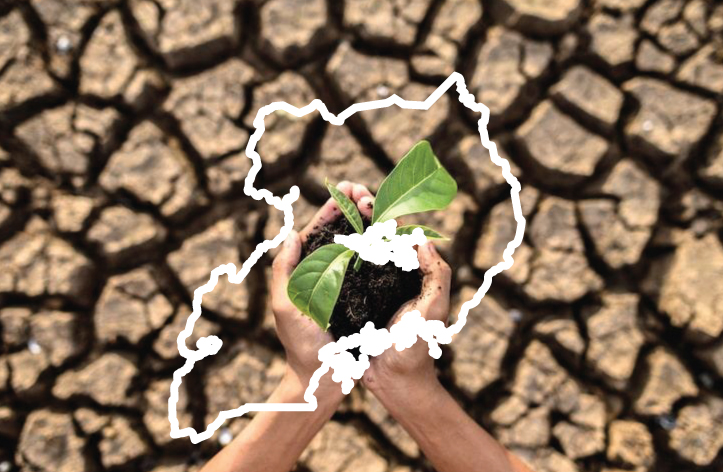In climate negotiations, funding corridors, and boardrooms alike, one statistic about Africa is consistently echoed: the continent contributes less than 4% of global greenhouse gas emissions. This fact is often wielded to either excuse Africa from deeper climate commitments or, conversely, to demand compliance with externally crafted transition goals. But this narrow framing conceals a far more urgent conversation, one about power, agency, and justice in the global shift toward sustainability.
Africa’s emissions are low. Our stakes? Sky high.
Climate change is already unraveling lives and livelihoods across the continent through droughts, floods, failed crops, and rising temperatures. The paradox is clear: we are suffering some of the harshest impacts of a crisis we did not cause. Yet, we are expected to adopt solutions we didn’t design, financed through loans we cannot afford, within timelines we did not negotiate.
This is where the conversation on ESG—Environmental, Social and Governance standards must begin. Not as a buzzword, not as a box-ticking requirement to attract ethical capital, but as a fundamental question of who Africa becomes in the energy transition era.
ESG: More Than a Corporate Checklist
Traditionally, ESG has been deployed as a tool for investors to assess corporate risks and sustainability. Environmental considerations look at issues like emissions, water use, and biodiversity. Social standards examine labour rights, community impact, and equity. Governance covers leadership, transparency, and accountability.
But for Africa, ESG cannot simply be about attracting foreign direct investment or pleasing global ratings agencies. It must be reframed as a political and developmental tool. One that ensures our extractive industries, energy projects, and infrastructure investments are accountable to people, not just capital.
Too often, ESG in Africa is externally enforced. Projects are measured against benchmarks that do not reflect local contexts. Communities are “consulted” but not genuinely heard. Jobs promised do not materialise. Environmental restoration is assumed but rarely realised. Meanwhile, the green energy boom, fronted as a path to justice becomes a new frontier for resource grabs.
The Stakes: EACOP, Karuma, and Beyond
Major projects like the East African Crude Oil Pipeline (EACOP) and the Karuma Hydropower Dam bring ESG questions into sharp relief. Both have been lauded as transformative for the region’s economy. Yet both have faced criticisms over land acquisition processes, environmental risks, and the meaningful inclusion of affected communities.
What is the long-term sustainability of oil pipelines in a rapidly decarbonising world? How do large hydropower projects balance renewable energy goals with ecological and social impacts? Who benefits and who bears the cost?
These aren’t abstract questions. They sit at the heart of ESG as a governance tool. If Africa fails to shape and enforce its own standards grounded in justice, cultural context, and developmental reality then ESG becomes yet another externally imposed filter through which we are judged, ranked, and controlled.
From Compliance to Sovereignty
It is time to stop approaching ESG as mere compliance. Africa must build its own ESG philosophy, rooted in:
- Environmental stewardship that reflects our traditional knowledge systems, not just imported conservation models;
- Social inclusion that goes beyond representation to genuine participation, especially for women, youth, and Indigenous communities;

